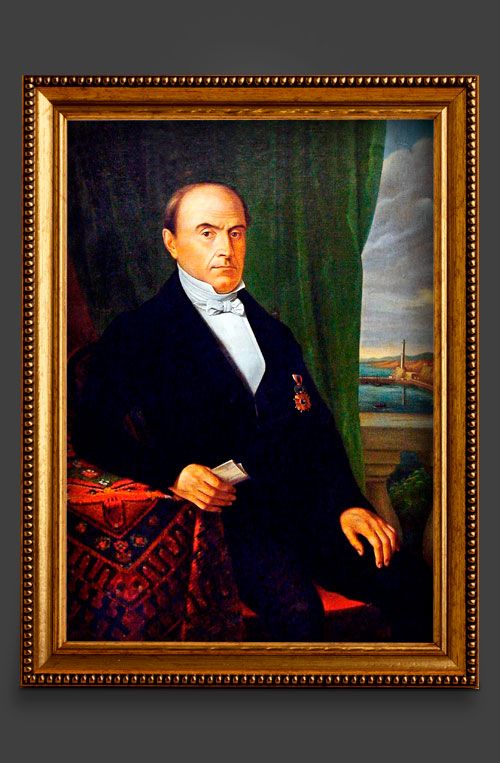Roca, who was an influential man, succeeded in getting the Spanish government to declare Biada's project of public utility. This meant that the government was willing to expropriate private land if necessary to build the railroad line. The construction of the railway line was a slow and difficult process. Biada had to overcome numerous obstacles, such a opposition from some landowners who did not want to sell their land.
The initial plan was to build the Barcelona station on land located outside the city walls, at the beginning of the Paseo de Don Carlos (now Vía Icaria). The station would be located between the Paseo Nacional (now Juan de Borbón) and the Torín bullring (in Barceloneta). Finally, on October 28, 1848, the line between Barcelona and Mataró was inaugurated. It was a historic day, and Biada became a national hero.
The railroad from Barcelona to Mataró was a resounding success, and over time, the railroad network became the rail network expanded throughout the peninsula, revolutionizing transportation and the Catalan economy, and made possible a great leap in progress never seen before.
Miquel Biada was an entrepreneur of admirable vitality who, parallel to the railroad project, started up a textile factory in Mataró. Unfortunately, the businessman fell ill and died on April 2, 1848, without seeing the end of his great railway project completed PHOTO MIQUEL BIADA with this text at the bottom of the photo.










